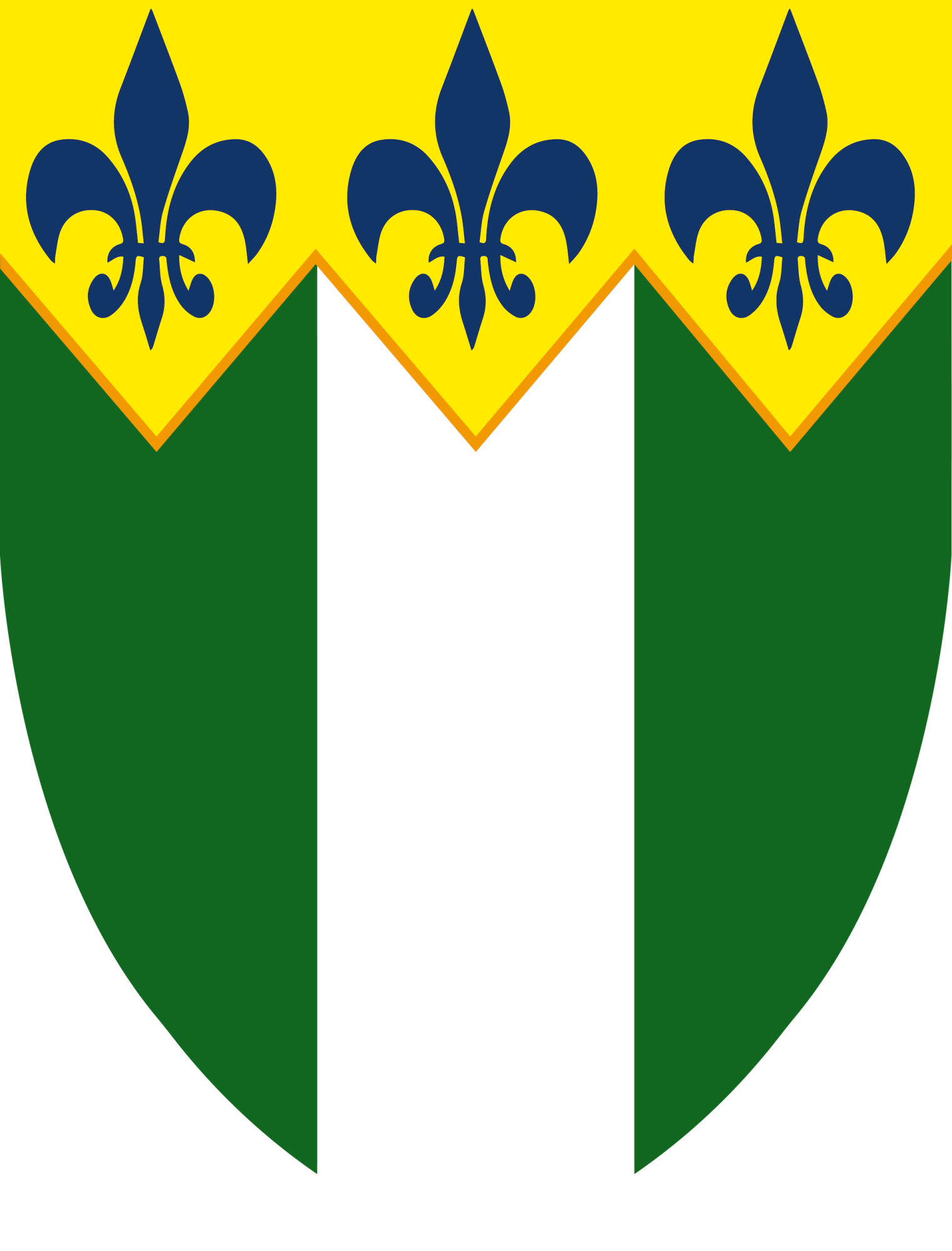Search Results
You searched for "0"
-
Vacancies
Click on the links below to see the current vacancies.
Read More -
GCSE Results Information
Please click on the attachments below for further information.
Read More -
Polls & Surveys
Read More -
Sixth Form
Woodhouse College partnershipWe are academically ambitious for all our students believing that all students should have a high-quality education.
Read More -
Key Stage 3
Curriculum OverviewYear 7 Overview Year 8 Overview Year 9 Overview GCSE skills Python programming Interpreting and reading code Demonstrating knowledge and understanding of key topics in the GCSE specification, including: Problem solving, Programming, Data, Computers, Communication and the internet and the bigger picture(environment, privacy, security) Explanation, analysis and comparison, giving the pros and cons of a number of computing topics A high level of study skills needed to be able to independently record lesson topics, revise topics and recall the knowledge in assessments and mock examinations Undertaking of an advanced programming project in Python, keeping a log of edits, tests and planning tools used to create the project By the end of year 9, students should be able to: Retrieve factual knowledge of what makes up a computer system and the important pieces of hardware Understand and demonstrate an understanding of what a computer network is and show understanding of how they work Show an understanding of different types of networks and the advantages and disadvantages of them Show secure understanding of algorithms, flowcharts and pseudocode Understand what is meant by abstraction and decomposition Demonstrate and display a more accurate understanding of binary and binary mathematics Create increasingly advanced programs in Python programming language, using variables, selection, loops and subprograms Use more effective selection statements and data structures in their Python programs By the end of year 8, students should be able to: Develop factual knowledge of what makes up a computer system and some important pieces of hardware Understand and demonstrate an understanding of what a computer network is and show a basic understanding of how they work Have some knowledge of different types of networks and the advantages and disadvantages of them Show some understanding of algorithms, flowcharts and pseudocode Understand what is meant by abstraction and decomposition.
Read More -
Key Stage 4
Learning Overview for Computer ScienceExam Board: OCR
Read More
Year 10 Overview
Year 11 Overview
Other Useful Information
BBC GCSE Bitesize
Codecademy
Python
Computer Science OCR Specification... -
Key Stage 3
Curriculum OverviewPlease click on the links below for further information:
Read More
Year 7 Overview
Year 8 Overview
Year 9 Overview
GCSE skills:
To be able to... -
Dance
Curriculum Statement To develop an understanding of how to choreograph in response to a stimulus independently and with a group To become confident with performing in front of an audience To develop a wider dance vocabulary in order to analyse professional, own and others’ work To enhance appreciation of the wider dance world Please email Miss Andrews at j.andrews@friern.barnet.sch.uk if you have any questions regarding Dance.
Read More -
Drama
Curriculum StatementThroughout years 7-11, all our students will engage and participate in the practice of Drama in order to understand about the history and nature of Drama, as well as develop a wide range of transferable skills that will equip them for life in the future.
Read More -
Music
Curriculum Statement To develop performance skills both as a soloist and in an ensemble, demonstrating ability to perform in time, accurately and in response to others To develop the skills to compose musical ideas showing creative understanding of composing techniques and the musical elements To develop their musical listening skills and use musical vocabulary in order to analyse and appreciate what is heard Please email Mrs Westwood Servi at c.westwoodservi@friern.barnet.sch.uk if you have any questions regarding Music.
Read More
